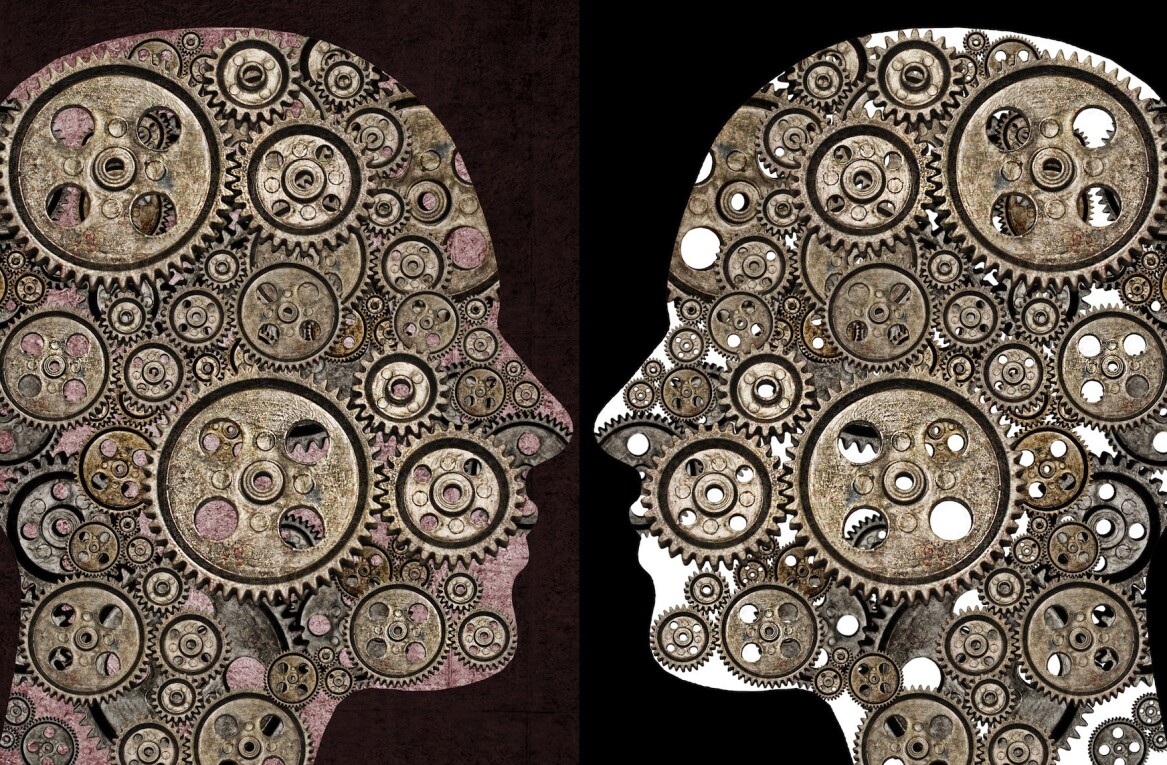Ah, welcome welcome.
I see you enjoyed last week’s edition and are back for more. Well we won’t disappoint. For the uninitiated (go back and start at post one, please) the team at TNW has made a New Year’s Resolution to read a bit more. So every week, a select number of our team will share with you what’s currently living on their nightstand, or saved in Pocket, or is sitting in that browser tab begging to be read.
This week we have insights into the future of Virtual Reality, a peculiar ‘love’ story between a man confined in an inescapable house and a nameless woman who visited him twice a week, a revelation of hidden powers of the mind and how to reinvent your marketing strategy. Happy reading.
The Complete Guide to Virtual Reality in 2016 (So Far) – Ben Kuchera.
I wasn’t really convinced by Virtual Reality (VR). Entering another dimension without the sense of feeling, moving and tasting – I just wasn’t convinced.
Previously I thought Augmented Reality was more suited to be called the future technology because you get to experience a real time environment.
However, this argument became irrelevant after I tried VR. For instance, I could move around and follow the lead of a dark ghost as if I’m the ‘actor’ of a horror movie.
This experience led me to do some research around VR and brought me to this article. Starting with the most simplified models and moving on to some higher technological devices like the Oculus Rift and the HTC Vive, this article encompasses the basics of VR and looks at some of the more advanced applications it could be used for.
And thanks to Tilt Brush and Glen Keane, a Disney animator, I got to experience how it felt to paint and sculpt Disney characters in three-dimensional space.
Stan van Soest – Email Marketing at The Next Web
Scheherazade – Haruki Murakami
I first came across Haruki Murakami’s work in a creative writing class in college and I immediately fell in love with his writing. Coming from a tradition of surrealism and magical realism, Murakami’s style is simple and elegant, yet insightful and truly mesmerizing.
Scheherazade tells the story of a man stranded in a house that, for some mysterious reason, he can’t leave. His only connection to the outside world is a woman who visits him twice a week to bring him food and supplies. He knows little about her and has no way of verifying it, but this uncertainty entertains him.
The two of them share numerous intimate moments, but – as is often the case – things aren’t quite as simple as that.
Unlike other writers nowadays, Murakami refuses to treat intimacy with teenage sentimentality and naiveté. Instead, Scheherazade is a romantic story about solitude riddled with everlasting desire and curiosity that makes this piece all the more authentic and enticing.
Mix – Writer at The Next Web
The Five Elements of Effective Thinking – Edward Burger and Michael Starbird
Everyday when I ride my bicycle for 35 minutes to The Next Web, I listen – it’s an audio book – to “The Five Elements of Effective Thinking”.
Written by two mathematics professors named Edward B. Burger and Michael Starbird, the book teaches you how to think differently and explains that great ideas don’t just appear out of thin air.
As you may know, the lightbulb wasn’t just invented in one day. Edison had to fail numerous times before he was successful. This is one of the techniques explained in the book.
By implementing the idea of failing at least ten times before you can succeed, you don’t have to limit your thinking with fear. Each time you fail you can say to yourself: “Well, that just means I’m 10 percent closer to succeeding! Let’s try again.”
I really loved the real life experiences the authors used in this book. It gives the techniques and different ways of thinking more meaning and depth. This book is great for everyone that wants to lose their fear of failure, become a more inquisitive and critical thinker and to be able to find outside-the-box solutions to problems.
Tommy Wijnands – Business Development for The Next Web
HBR’s 10 Must Reads on Strategic Marketing (with featured article “Marketing Myopia,” by Theodore Levitt) – Harvard Business Review
So on a plane to New York I started to finally read Harvard Business Review’s 10 great articles on strategic marketing.
One of them – Marketing Myopia – was particularly interesting and written by Theodore Levitt. What really interested me was that he argued how marketing shouldn’t be about selling to customers but really giving them the best experience and trying to improve the business based on this.
It describes how marketers and companies should not only try to improve their own business but also check their own needs. A classic example is how railroad companies tried to improve their systems decades ago in order to please the customer, but not thinking about the bigger challenges in the industry, which caused them to be overrun by alternatives like metros and airplanes.
Martijn Scheijbeler – Director of Marketing for The Next Web
This is a #TNWLife article, a look into the lives of those that work at The Next Web.
Get the TNW newsletter
Get the most important tech news in your inbox each week.






